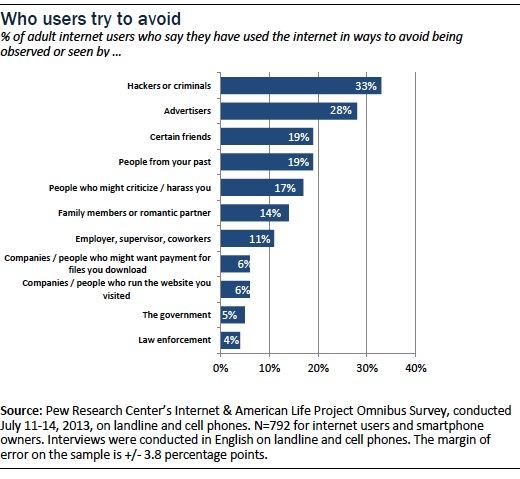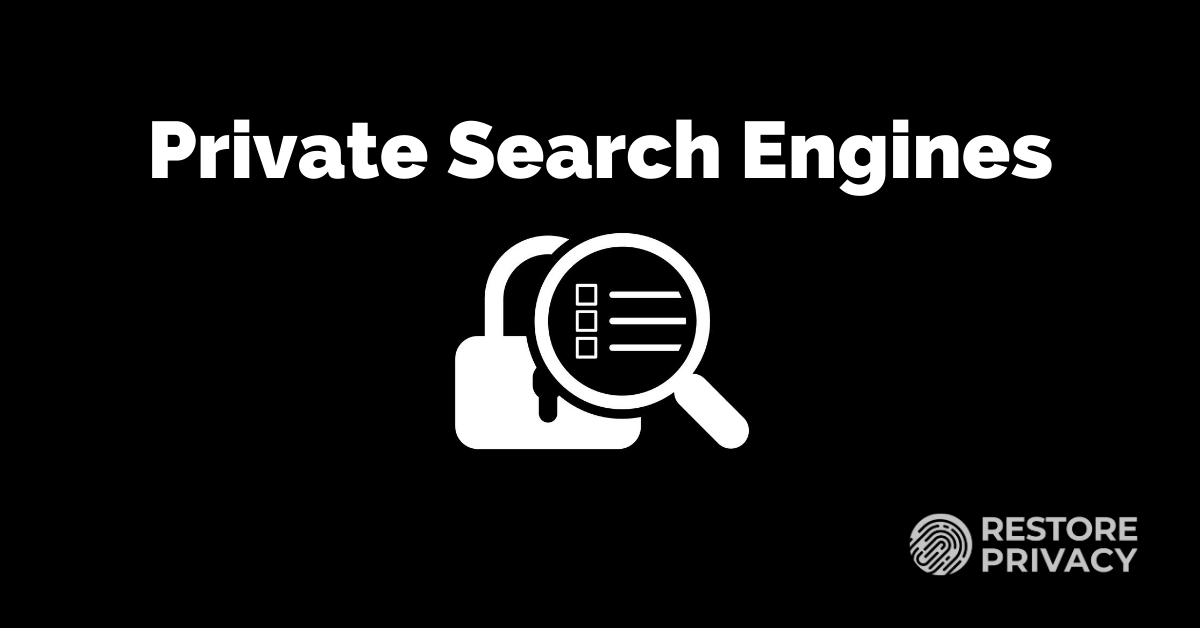- Cookie 3 0 30 – Protect Your Online Privacy Window Film
- Cookie 3 0 30 – Protect Your Online Privacy Act
- Cookie 3 0 30 – Protect Your Online Privacy Concerns
Data protection and privacy laws are particularly important for online businesses which handle personal electronic data or use cookies.
- Make your Data protection policy
- Get started
- Answer a few questions. We'll take care of the rest
Cookies can be troublesome if you don't know how to clear or delete cookies. The purpose of the computer cookie is to help the website keep track of your visits and activity. A setting that controls or limits third-party and tracking cookies can help protect your privacy online. If you'd like a fresh start with your new cookie settings, you can delete all your current ones. Click See all cookies and site data, then Remove All. How to manage cookies in Safari (on macOS) Since a Safari update in 2017, third-party cookies are blocked by default. To manage your cookie settings, open Safari and click the Safari menu at the.
Data protection considerations
The Data Protection Act 2018 (DPA) is designed to regulate the use of personal data by businesses and other organisations. The DPA is the main legislation implementing the General Data Protection Regulations (GDPR) in the UK.

Anyone processing personal data must ensure that it is:
used fairly, lawfully and in a transparent manner;
Virtualhostx 8 7 4 download free. collected for specified, explicit and legitimate purposes;
adequate, relevant and its collection limited to what is necessary;
accurate and kept up to date;
kept in a form that enables identification of data subjects for no longer than is necessary;
handled according to the data protection rights of individuals;
kept secure and not transferred outside the European Economic Area (EEA) without adequate protection.
From 25 May 2018, organisations that determine the purpose for which personal data is processed (i.e. data controllers) must pay the Information Commissioner's Office (ICO) a data protection fee unless they are exempt. To find out more about the data protection fee, see the guidance on the ICO's website.
Cookies are files stored on a computer's browser by websites which can be used for various purposes, often related to marketing or advertising.
GDPR
If you use cookies to uniquely identify a device or the person using that device, it is considered personal data under the GDPR. This means that cookies used for analytics, advertising and functional services come within the ambit of the GDPR. To be compliant, you'll need to stop collecting cookies that uniquely identify individuals or find a lawful ground to collect and process that data, for example, consent.
Such consent must be:
given through a clear affirmative action, such as clicking an opt-in box or choosing settings or preferences on a settings menu. Simply visiting a website doesn't count as consent.
given freely and genuinely
It must be as easy to withdraw consent as it is to give it. This means that if you want to tell people to block cookies if they don't give their consent, you must make them accept cookies first. You must also give people the option to change their mind, i.e. by providing an opt-out option. This is especially important if you wish to implement the 'soft opt-in' option.
Privacy and Electronic Communications Regulations
The Privacy and Electronic Communications Regulations (PECR) set out certain online marketing obligations and govern the use of cookies (also known as the Cookie Law).
Under the PECR, websites cannot use 'non essential' cookies unless the consent of the user is expressly given - in other words, users must first opt-in before such cookies can be deployed.
Non-essential cookies are those which are used for analytical purposes or to assist with advertising. Even cookies which customise a website (such as providing a greeting message) are deemed to be non essential.
Essential cookies are generally those which enable an online checkout process to work properly - or if required for technical or security purposes.
Failure to comply with the Cookie Law can lead to fines of up to £500,000. There are also smaller penalties, such as being sent an information notice or an enforcement notice.
A website privacy policy helps to reassure visitors that their personal data is protected and can assist in compliance with the GDPR and the Cookie Law.
- Make your Data protection policy
- Get started
- Answer a few questions. We'll take care of the rest
It's possible that you reached this article purely by chance, or you may have Googled 'how to change the default search engine in Microsoft Edge'. However you got here, the fact that you're reading this indicates that you're either interested in Windows 10's Edge, or actively use it -- and this means there's something you need to know.
If you fall into the latter camp and use Edge's InPrivate mode to cover your online tracks, you might want to think about changing your web browser. Edge has already got some stick for its lack of extension support -- 'it's coming, it's coming!' Yeah, whatever.. so's Christmas -- but now it turns out that InPrivate mode is a privacy nightmare. It is possible to peak behind the curtain and see which sites have been visited when using a browsing mode that should mask this.
Cookie 3 0 30 – Protect Your Online Privacy Window Film
There are similar features found in other browser. Chrome has Incognito mode, Safari has Private Browsing, Firefox has.. actually, Firefox has Private Browsing too. Whatever the name, what these browsing modes all have in common is that once the browser is closed, there is no record of which sites have been visited. That's not to say that ISPs and law enforcement agencies wouldn't be able to determine the browsing history, but from a local point of view it is as though no browsing has taken place.
But Edge is different.
Somewhat counterintuitively, Edge actually records browsing history in InPrivate mode. More than this, by examining the WebCache file it is a relatively simple task for someone to reconstruct full browsing history, regardless of whether surfing was performed in regular or InPrivate mode. These were the finding of infosec expert Brent Muir.
Over on Forensic Focus, researcher Ashish Singh warns:
The forensic examination of most web browsers has proven that they don't have a provision for storing the details of privately browsed web sessions. Private browsing is provided for a purpose, i.e. privately browsing the web, which is being delivered.
However, in the case of Microsoft Edge even the private browsing isn't as private as it seems. Previous investigations of the browser have resulted in revealing that websites visited in private mode are also stored in the browser's WebCache file.
NOTE: The Container_n table stores web history. There a field named 'Flag' will be available. A website visited in the private mode will have a flag value as '8'. Generally the purpose of storing this information is to retrieve crashed private sessions.
Usersuser_nameAppDataLocalMicrosoftWindowsWebCache
Therefore any skilled investigator can easily spot the difference and get concrete evidence against a person's wrongdoings. Plenty of artifacts are maintained by the browser, which makes examination quite easy. However, there are stages where evidence is not so easy to find. The not-so-private browsing featured by Edge makes its very purpose seem to fail.

Anyone processing personal data must ensure that it is:
used fairly, lawfully and in a transparent manner;
Virtualhostx 8 7 4 download free. collected for specified, explicit and legitimate purposes;
adequate, relevant and its collection limited to what is necessary;
accurate and kept up to date;
kept in a form that enables identification of data subjects for no longer than is necessary;
handled according to the data protection rights of individuals;
kept secure and not transferred outside the European Economic Area (EEA) without adequate protection.
From 25 May 2018, organisations that determine the purpose for which personal data is processed (i.e. data controllers) must pay the Information Commissioner's Office (ICO) a data protection fee unless they are exempt. To find out more about the data protection fee, see the guidance on the ICO's website.
Cookies are files stored on a computer's browser by websites which can be used for various purposes, often related to marketing or advertising.
GDPR
If you use cookies to uniquely identify a device or the person using that device, it is considered personal data under the GDPR. This means that cookies used for analytics, advertising and functional services come within the ambit of the GDPR. To be compliant, you'll need to stop collecting cookies that uniquely identify individuals or find a lawful ground to collect and process that data, for example, consent.
Such consent must be:
given through a clear affirmative action, such as clicking an opt-in box or choosing settings or preferences on a settings menu. Simply visiting a website doesn't count as consent.
given freely and genuinely
It must be as easy to withdraw consent as it is to give it. This means that if you want to tell people to block cookies if they don't give their consent, you must make them accept cookies first. You must also give people the option to change their mind, i.e. by providing an opt-out option. This is especially important if you wish to implement the 'soft opt-in' option.
Privacy and Electronic Communications Regulations
The Privacy and Electronic Communications Regulations (PECR) set out certain online marketing obligations and govern the use of cookies (also known as the Cookie Law).
Under the PECR, websites cannot use 'non essential' cookies unless the consent of the user is expressly given - in other words, users must first opt-in before such cookies can be deployed.
Non-essential cookies are those which are used for analytical purposes or to assist with advertising. Even cookies which customise a website (such as providing a greeting message) are deemed to be non essential.
Essential cookies are generally those which enable an online checkout process to work properly - or if required for technical or security purposes.
Failure to comply with the Cookie Law can lead to fines of up to £500,000. There are also smaller penalties, such as being sent an information notice or an enforcement notice.
A website privacy policy helps to reassure visitors that their personal data is protected and can assist in compliance with the GDPR and the Cookie Law.
- Make your Data protection policy
- Get started
- Answer a few questions. We'll take care of the rest
It's possible that you reached this article purely by chance, or you may have Googled 'how to change the default search engine in Microsoft Edge'. However you got here, the fact that you're reading this indicates that you're either interested in Windows 10's Edge, or actively use it -- and this means there's something you need to know.
If you fall into the latter camp and use Edge's InPrivate mode to cover your online tracks, you might want to think about changing your web browser. Edge has already got some stick for its lack of extension support -- 'it's coming, it's coming!' Yeah, whatever.. so's Christmas -- but now it turns out that InPrivate mode is a privacy nightmare. It is possible to peak behind the curtain and see which sites have been visited when using a browsing mode that should mask this.
Cookie 3 0 30 – Protect Your Online Privacy Window Film
There are similar features found in other browser. Chrome has Incognito mode, Safari has Private Browsing, Firefox has.. actually, Firefox has Private Browsing too. Whatever the name, what these browsing modes all have in common is that once the browser is closed, there is no record of which sites have been visited. That's not to say that ISPs and law enforcement agencies wouldn't be able to determine the browsing history, but from a local point of view it is as though no browsing has taken place.
But Edge is different.
Somewhat counterintuitively, Edge actually records browsing history in InPrivate mode. More than this, by examining the WebCache file it is a relatively simple task for someone to reconstruct full browsing history, regardless of whether surfing was performed in regular or InPrivate mode. These were the finding of infosec expert Brent Muir.
Over on Forensic Focus, researcher Ashish Singh warns:
The forensic examination of most web browsers has proven that they don't have a provision for storing the details of privately browsed web sessions. Private browsing is provided for a purpose, i.e. privately browsing the web, which is being delivered.
However, in the case of Microsoft Edge even the private browsing isn't as private as it seems. Previous investigations of the browser have resulted in revealing that websites visited in private mode are also stored in the browser's WebCache file.
NOTE: The Container_n table stores web history. There a field named 'Flag' will be available. A website visited in the private mode will have a flag value as '8'. Generally the purpose of storing this information is to retrieve crashed private sessions.
Usersuser_nameAppDataLocalMicrosoftWindowsWebCache
Therefore any skilled investigator can easily spot the difference and get concrete evidence against a person's wrongdoings. Plenty of artifacts are maintained by the browser, which makes examination quite easy. However, there are stages where evidence is not so easy to find. The not-so-private browsing featured by Edge makes its very purpose seem to fail.
Microsoft is aware of the problem, and says:
We recently became aware of a report that claims InPrivate tabs are not working as designed, and we are committed to resolving this as quickly as possible.
Cookie 3 0 30 – Protect Your Online Privacy Act
As is often the case, there is no indication of quite when this might be fixed, but it will be fixed. At some point. But you can't help but ask how such a fundamental aspect of private browsing could be so fantastically borked. It beggars belief.
Cookie 3 0 30 – Protect Your Online Privacy Concerns
Photo credit:T.Dallas / Shutterstock
